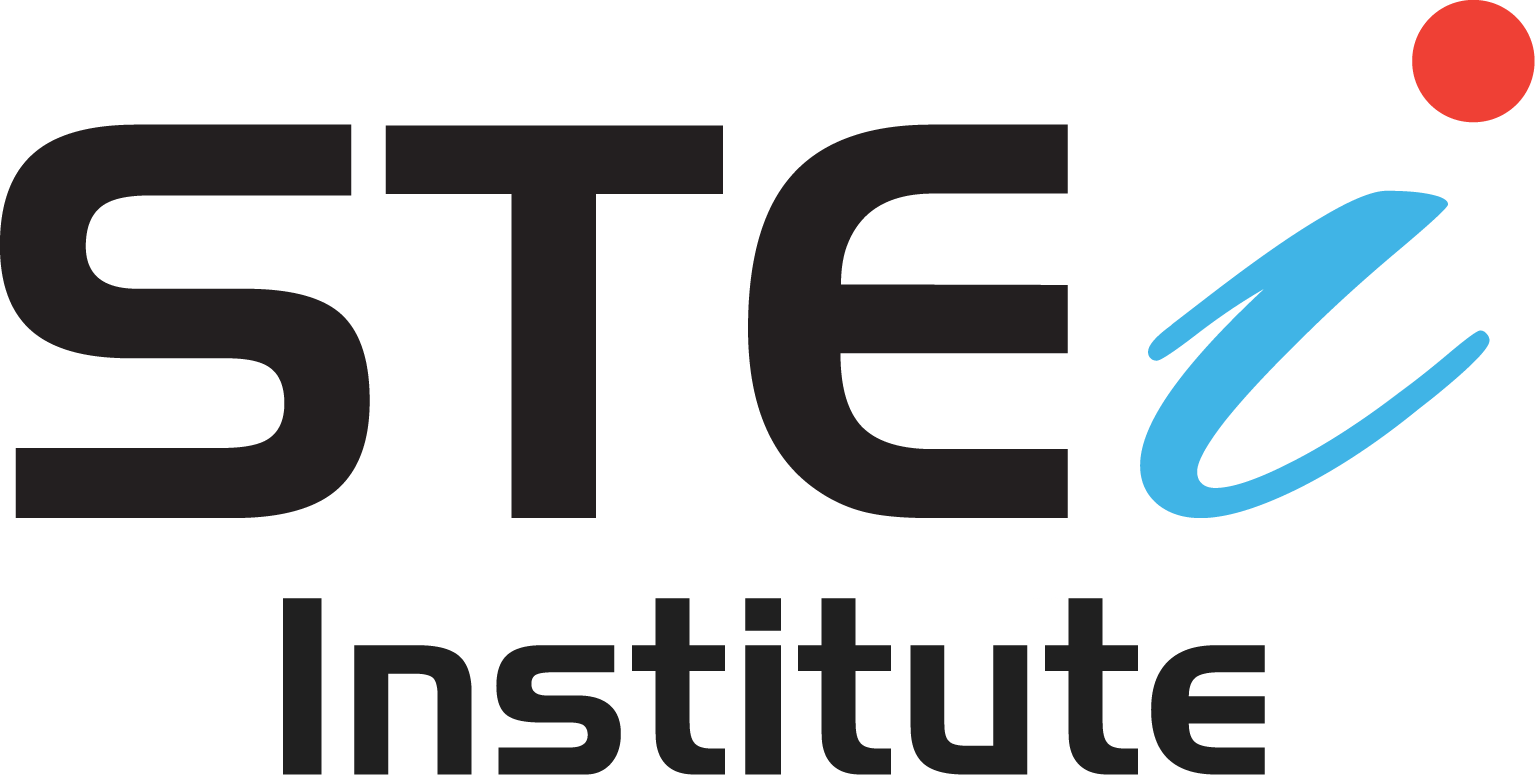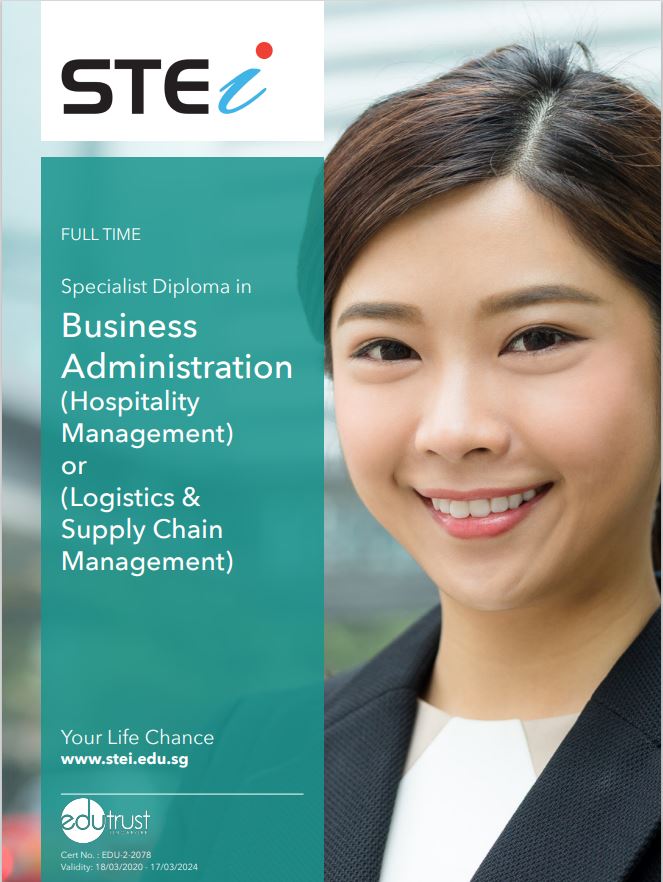BA 2001 – Management Information System
The syllabus coverage examines how communications, knowledge and information can be improved within the business of an organization by making better use of IT systems. The application of IT system such as MIS in management control, decision making, human resource management, marketing, finance, production, distribution; The design of MIS systems, MIS planning and systems development to support strategic objectives, day-to-day running, delivery and support of information systems, the evaluation of the MIS system and its impact on organizational performance.
BA 2002 – Research and Academic Writing
The syllabus coverage is to develop a student’s skills and knowledge by establishing a systematic approach to the creation, reporting and review of research-based knowledge. It culminates in the development of a viable research proposal for a small-medium business enterprise. The student will acquire sufficient appreciation of research methods and strategies to prepare a viable research proposal.
BA 2003 – Organizational Behavior
The syllabus coverage is to develop the student’s knowledge on the influence of culture; politics and power have on the behavior of others in an organizational context. Students will be in a position to apply the principles of organizational behavior to a variety of business situations.
BA 2004 – Project Management
The syllabus coverage enables students to investigate the demands placed on organisations striving for excellence and critically evaluate the features of processes in different sectors that help deliver excellence. It also enables students to critically examine contemporary process-related themes in management and to critically assess the principles of project management as a means to implement process change.
BA 2005 – Business Environment
The syllabus coverage enables students to apply a broad base of knowledge and skills on the principles of organizational decision-making process and problem solving creatively due to uncertainty and changes in business environments. Apply skills in personal selling and relationship building and carrying out effective sales management.
BA 2006 – Principles of Management
The syllabus coverage is to develop an understanding of the environment in which organizations operate and an ability to identify the strategic implications of that environment. Students will also understand the needs for organizations to align their resources, values and strategies with the environment, and the methods which can be used to do this effectively.
BA 2007 – Leadership Theory & Practice
The syllabus coverage is to understand the different varieties of theoretical approaches to explaining the complexities of leadership process. This includes viewing leadership as a behavior, or as an information-processing perspective or relational approach. Each theory includes explanation on how the theory could be used in real-life situations.
BA2008 – Business Statistics
This syllabus coverage the statistical concepts and techniques to generate information for decision-making. It covers descriptive statistics, probability and sampling distributions, interval estimation, hypothesis testing and regression. The emphasis would be on acquiring analytical and interpretative skills for understanding statistical findings.
BA2009 – Customer Relationship Management
This syllabus coverage the importance of understanding customers, managing them and building long-lasting relationships with them to achieve business excellence. It covers the evolution of the relationships with customers and using technologies that includes data management, data analyses and mining to gain customer insights and improve the CRM system.
HM 2008 – Wine Service & Knowledge
The syllabus coverage allows the students to acquire the knowledge in different variety and characteristics of vine grapes, the Old world wines and New world wines, matching wine with food, techniques in the provision and service of wine, promotion of wine to customers and other compounded beverages.
HM 2009 – Restaurant Showmanship
The syllabus coverage allows the students to learn the practices and procedures that include the art of service sequence within a restaurant environment. Service sequence includes preparation for service, welcoming techniques, taking orders, suggestive selling, service and clearance of various courses, billing procedures, encourage guest feedback before departing and handling various situations associated with customers.
HM 2010 – Housekeeping Operations
The syllabus coverage allows the students to describe organisation structure of the Housekeeping department of a hotel, its sub departments and functions, staffing and scheduling, inventory management, uniform and linen management, laundry layout and operations, cleaning surfaces, housekeeping products, procedures and controls.
HM 2011 – Financial Accounting
The syllabus coverage allows the students to obtain an understanding of the hotel revenue management system, revenue cycle, basics of auditing, food and beverage cost and sales concepts, controlling food cost and sales, inventory management, menu engineering and pricing, labour cost considerations and budgeting process.
HM 2018 – Marketing for Hospitality & Tourism II
The syllabus coverage allows the students to acquire understanding of internal marketing, pricing approaches and strategies of hospitality products and services, various distribution channels, promotion mix, integrated marketing communications, direct marketing, importance of destination marketing and steps in marketing plan.
HM 2020 – Hospitality Management
The syllabus coverage allows the students to be aware of hospitality industry and its sustainability overview of operations of its sectors such as lodging, restaurants, beverages and managed services, other related sectors, sustainability and their impact on hospitality industry. It also covers characteristics and practices of leadership and management in relevance to the hospitality industry.
HM 2021 – Human Resource Management
The syllabus coverage allows the students to explain the overview of human resource management in hospitality industry, legal environment of human resource management, its policies and procedures in relevance to hospitality industry, methods of securing human resources, human resource activities and human resource concerns in a hospitality environment.
HM 2022 – Tourism Management
The syllabus coverage allows the students to obtain an understanding of brief history of tourism, destination management, types and intermediaries of tourism industry, impact of external environment such as political, social, cultural, economic and environmental issues.
BA 3010 – Industrial Attachment (IA)
The syllabus coverage integrates classroom theory with practical workplace experiential learning. The IA is of six (6) months duration when students are attached to business/ hospitality companies for on-the-job training. In the event that the students are unable to proceed to IA due to reasons beyond the control of STEi, the students may complete Project Work in lieu of IA.


